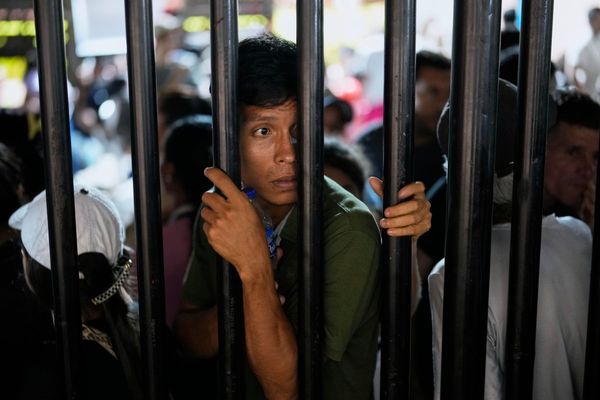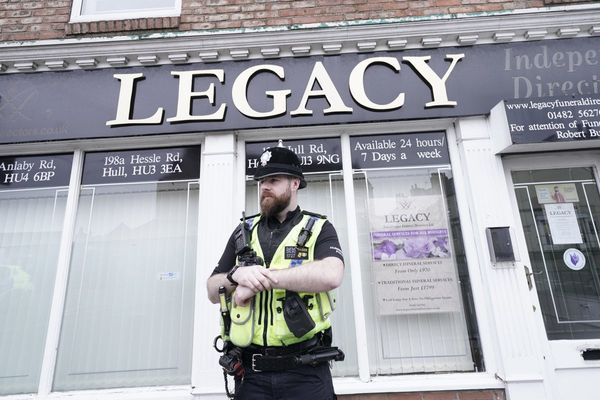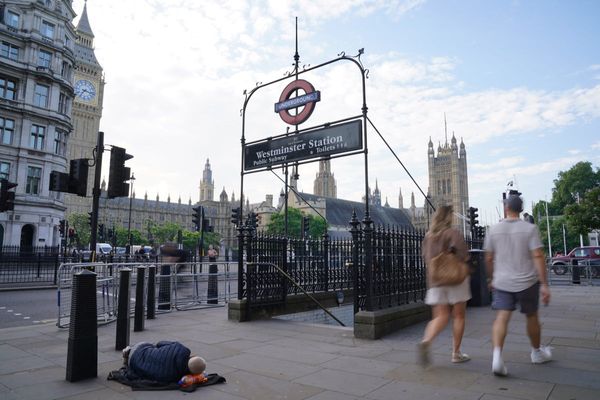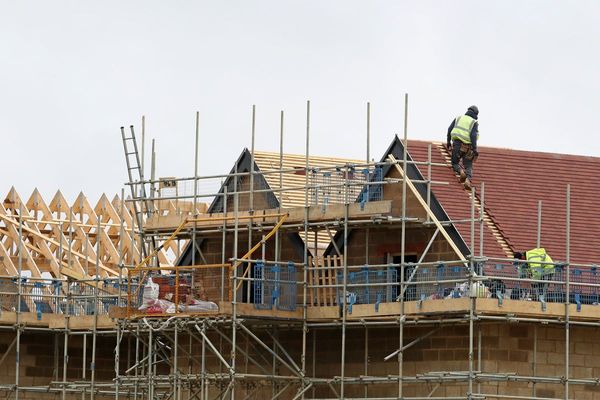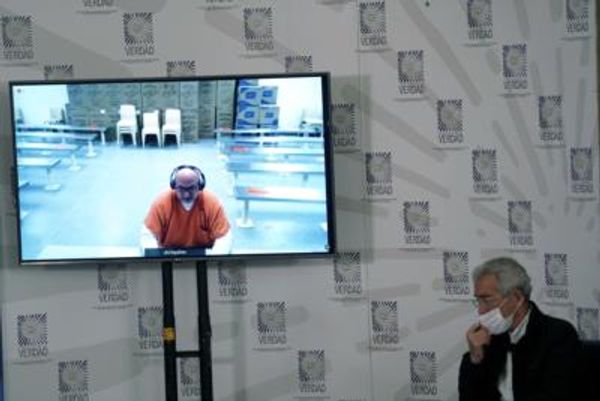
Cape Town (AFP) - President Cyril Ramaphosa declared a national disaster on Thursday in a bid to fast-track efforts to tackle South Africa's record electricity shortage that has put the brakes on growth in Africa's most industrialised economy.
South Africa has in recent months been in the grip of its most serious energy crisis and years-long intermittent power cuts have progressively worsened.
Scheduled blackouts, known as loadshedding, have been imposed to help the country's creaking coal-generated power system survive in the face of overwhelming demand.
Ramaphosa admitted in an annual state-of-the-nation address that "we are in the grip of a profound energy crisis".
"We are therefore declaring a national state of disaster to respond to the electricity crisis and its impact," Ramaphosa said in the keynote address that was delayed by opposition lawmakers who tried to block him from delivering it.
The electricity network, operated by the debt-laden state energy firm Eskom, has failed to keep pace with demand.
Eskom has struggled to maintain its coal-powered infrastructure as it suffered the effects of endemic corruption that hollowed out its coffers during former president Jacob Zuma's tenure.
Declaring a national disaster -- which comes into immediate effect -- will unlock additional funds and resources to speedily implement energy projects and bypass some regulatory requirements.
Practical solutions include the rollout of generators, solar energy and uninterrupted power supply units for businesses in the food chain.
"Extraordinary circumstances do call for extraordinary measures," Ramaphosa said in a parliament speech, set back 45 minutes amid objections from some opposition legislators.
Walking out en masse, placard-waving leftist opposition Economic Freedom Fighters (EFF), dressed in their trademark red overalls and work suits, stormed the stage where Ramaphosa was waiting to deliver the speech.
Armed security and police quickly jumped in and forced the MPs off stage.
The last time Ramaphosa ordered a state of national disaster was in 2020 to tackle the Covid pandemic.
Ramaphosa also announced that he will appoint a special electricity minister to "deal more effectively and urgently" with the crisis.
'Existential threat'
South Africans are despondent at the state of a country battered by a stagnant economy, mounting crime, dizzying unemployment rates, worsening inflation and water shortages.
The list of grievances is topped by the electricity crisis, which has forced the country's 60 million people to endure outages of up to 12 hours a day.
"The energy crisis is an existential threat to our economy and social fabric," said Ramaphosa, adding the "most immediate task is to dramatically reduce the severity" of outages in "the coming months and ultimately end" the power cuts "altogether".
The scheduled blackouts were imposed to help prevent the power system from collapsing.South Africa generates about 80 percent of its electricity through coal.
Wealthy nations last year endorsed a $98-billion investment plan for South Africa to transition to clean energy from fossil fuels under the "Just Energy Transition Partnership" scheme.
Ramaphosa said the country -- ranked among some of the world's top greenhouse gas emitters -- will wean itself off carbon at "a pace our country can afford and in a manner that ensures energy security".
The speech was delivered in Cape Town city hall, as the parliament building -- gutted during an arson attack 13 months ago -- is yet to be repaired.
Ramaphosa, 70, came into office five years ago as a reformer promising a "new dawn" after Zuma's graft and scandal-stained tenure.
But the record outages, wreaking havoc on the economy which is now expected to grow by a dismal 0.3 percent this year from 2.5 percent last year, have dented his reputation.
A government minister estimated earlier this week that the power cuts are costing the economy one billion rand ($57 million) a day.
The crisis is chipping away at Ramaphosa's chances of securing a second term after next year's elections.
